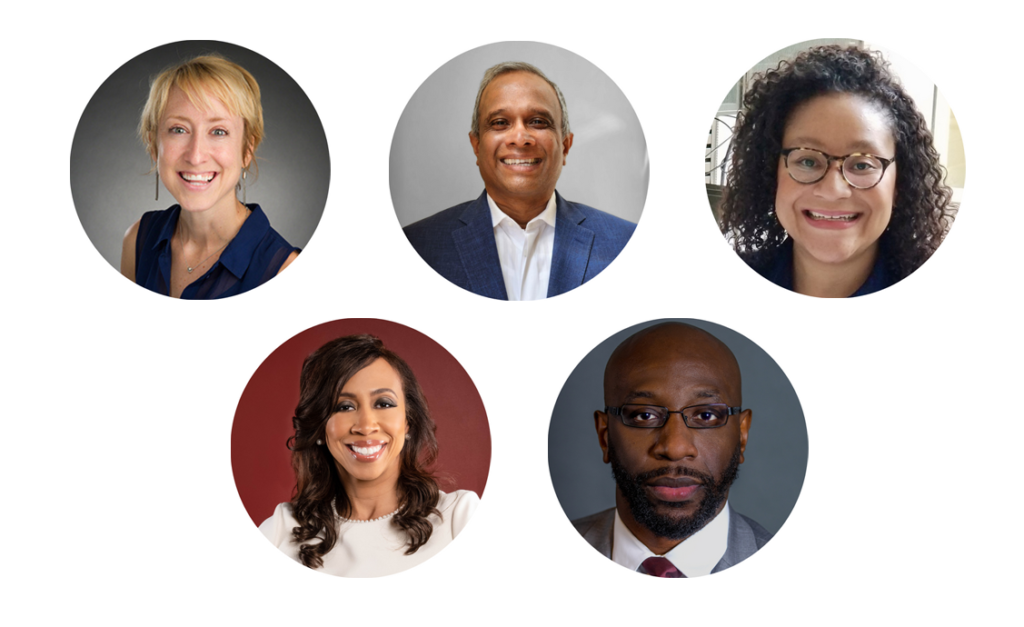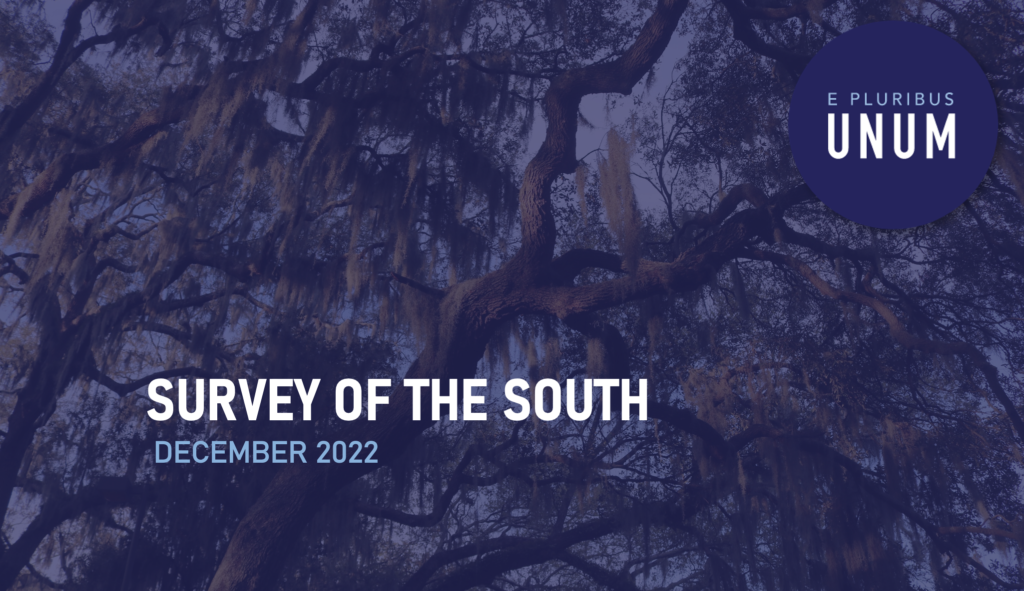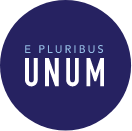Ripples of Change
EPU works in collaboration with partners at the federal, state, and local levels on a range of issues critical to advancing racial and economic equity in the American South. We identify areas in which we can marry our resources and capacities to communities’ needs. Ultimately, our work elevates common-sense policy solutions for sustainable success. In 2022, we launched a new Policy Advisors program to support EPU’s Unum Fellows, their equity work, and ultimately help drive policy changes for a more equitable South. In 2022, we also brought our policy tools and engagement strategies directly to policy makers, with the EPU team traveling to Kansas City for the National League of Cities conference as well as to Las Vegas for the National Caucus of Black State Legislators conference. These direct interactions accelerate our policy work and allows us to gain a deeper understanding of how EPU can be the most effective partner for elected officials.
Program Highlights

Policy Advisors
Building on the past EPU Policy Scholars program, in 2022 EPU launched a Policy Advisors program that seeks to bring in more talent to help advance public policy. After receiving more than 400 applications, EPU selected five Senior Policy Advisors to help shape advocacy, outreach, and policy development as we create a more just, equitable, and inclusive South. Under the direction of EPU’s Director of Policy, the Advisors provide research, analysis, technical assistance, policy development, and other resources that encourage actionable steps to accelerate positive change. In their first year, the policy advisors provided research and analysis to our Cohort 2 Fellows of state legislators on policy trends and examples for their equity projects, including research on menstrual equity, HBCU initiatives related to entrepreneurship, and both federal and state initiatives concerning the implementation of light rail systems.
The Advisors are also working on broader tools related to equity, such as a racial equity policy framework and a toolkit on the legislative process and where citizens fit into that process in preparation for the 2023 state legislative sessions.
Survey of the South
In December, EPU conducted its annual Survey of the South. The 1,800-person survey (600 Black respondents, Latino respondents, and white respondents each) tracks attitudes on race, class, and equity, as well as pertinent national issues and policies in the South. This is the sixth in a deep-dive series of surveys by EPU focused on the American South, the first of which was released in 2019.

Survey of the South
In December, EPU conducted its annual Survey of the South. The 1,800-person survey (600 Black respondents, Latino respondents, and white respondents each) tracks attitudes on race, class, and equity, as well as pertinent national issues and policies in the South. This is the sixth in a deep-dive series of surveys by EPU focused on the American South, the first of which was released in 2019.

Role of Religion in Creating More Inclusive Public Spaces
In EPU’s Divided By Design findings, we noted that faith leaders and institutions can play a powerful role in bringing communities together and facilitating discussions on race. Faith leaders can help shape, and therefore change, the narrative.
In partnership with the Public Religion Research Institute (PRRI), EPU released “The Role of Religion in Creating More Inclusive Public Spaces”. At a public meeting alongside PRRI, the Southern Poverty Law Center, and the St. Charles Center for Faith and Action, EPU presented findings from this shared new national public-opinion survey that explores American attitudes and provides important new insights into how Americans view Confederate monuments, their attitudes toward creating inclusive public spaces, and their beliefs about the role of race and racism in America. In addition to this 4,900-person quantitative national survey, EPU and PRRI completed 36 focus groups in communities across the southern United States.
We found that there is great consensus across race, religion and political party that a community’s public spaces and buildings should be open and welcoming to people of all races and backgrounds and agree that efforts to tell the truth about the history of slavery, violence, and discrimination against racial minorities in their communities are a good thing.
In the next phase of this partnership, EPU and PRRI will document the work of five organizations and community leaders actively working to modify, remove, or foster public conversation around confederate markers in their communities. The documentation will center around in person facilitated community conversations that take the data from the report and dig deeper into how a community can create more inclusive spaces occupied by confederate monuments. This work will begin in early 2023.
Role of Religion in Creating More Inclusive Public Spaces
In EPU’s Divided By Design findings, we noted that faith leaders and institutions can play a powerful role in bringing communities together and facilitating discussions on race. Faith leaders can help shape, and therefore change, the narrative.
In partnership with the Public Religion Research Institute (PRRI), EPU released “The Role of Religion in Creating More Inclusive Public Spaces”. At a public meeting alongside PRRI, the Southern Poverty Law Center, and the St. Charles Center for Faith and Action, EPU presented findings from this shared new national public-opinion survey that explores American attitudes and provides important new insights into how Americans view Confederate monuments, their attitudes toward creating inclusive public spaces, and their beliefs about the role of race and racism in America. In addition to this 4,900-person quantitative national survey, EPU and PRRI completed 36 focus groups in communities across the southern United States.
We found that there is great consensus across race, religion and political party that a community’s public spaces and buildings should be open and welcoming to people of all races and backgrounds and agree that efforts to tell the truth about the history of slavery, violence, and discrimination against racial minorities in their communities are a good thing.
In the next phase of this partnership, EPU and PRRI will document the work of five organizations and community leaders actively working to modify, remove, or foster public conversation around confederate markers in their communities. The documentation will center around in person facilitated community conversations that take the data from the report and dig deeper into how a community can create more inclusive spaces occupied by confederate monuments. This work will begin in early 2023.

“
Race, religion, and political affiliation strongly color the lens through which Americans view our past and its legacy today. Yet, the broad support for honest conversations about our shared history, repairing the damages of historic racism, and reimagining our public spaces to embrace everyone can offer a road map for how and what our communities choose to honor in the future.”Robert P. Jones, president and founder of PRRI
Robert P. Jones, president and founder of PRRI
